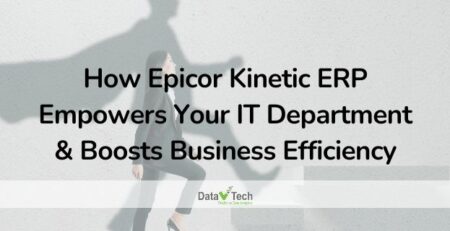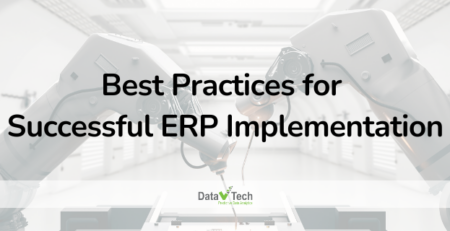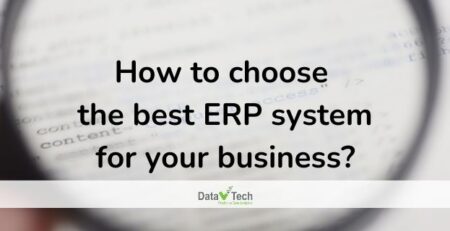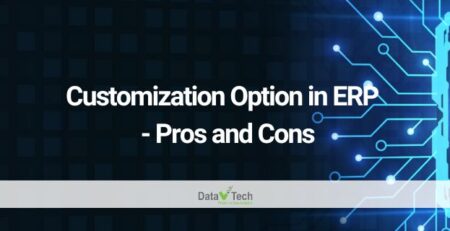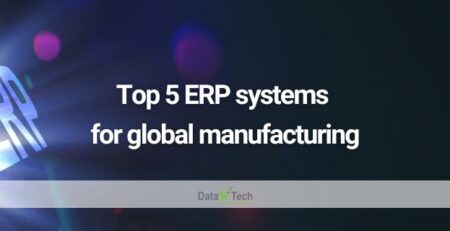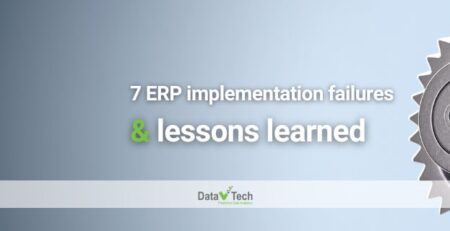Cloud-based ERP systems have gained popularity recently, offering businesses numerous advantages over traditional on-premises hosting options. These systems have transformed how companies manage their operations from lower costs to enhanced scalability. However, it is crucial to understand the benefits and drawbacks before transitioning to a cloud-based ERP solution. Let’s discover the advantages and disadvantages of cloud-based ERP systems to help you make an informed decision for your business.
Advantages of Cloud-Based ERP Systems:
- Lower Initial Investment: Cloud-based ERP systems eliminate the need for expensive hardware purchases and ongoing software upgrades. By opting for a cloud-based solution, businesses can significantly reduce their initial investment and enjoy a predictable monthly or annual subscription fee instead.
- Easier Maintenance: With cloud-based ERP systems, the burden of system maintenance and upgrades falls on the cloud provider. This frees your IT staff to focus on strategic initiatives while ensuring your ERP system remains up-to-date and running smoothly. However, any customization or development will still require the involvement of your own team or implementation partner.
- Scalability: Cloud-based ERP systems offer unmatched scalability, making them an ideal choice for growing businesses. They can quickly adapt to your evolving needs without significant disruptions, whether you need to add or remove users, expand storage capacity, or integrate new features.
- Better Security: Cloud providers invest heavily in robust security measures, often surpassing the capabilities of traditional on-premises systems. Their expertise, resources, and strict security protocols protect your data against threats and vulnerabilities.
Disadvantages of Cloud-Based ERP Systems:
- Internet Connectivity: A stable and high-speed internet connection is crucial as cloud-based ERP systems rely on internet connectivity. Accessing the system may become challenging in regions with unreliable or slow internet connections, leading to potential productivity and revenue losses.
- Limited Customization: Cloud-based ERP systems may have limitations regarding customization. Since the system resides on the cloud provider’s servers, businesses might have restricted control over software and hardware configurations. Evaluating whether the available customization options align with your business requirements is essential.
- Subscription Fees: While cloud-based ERP systems often prove cost-effective in the long run, they involve recurring subscription fees. This payment model may not suit businesses preferring one-time purchases over ongoing expenses. Additionally, the total cost of owning on-premises IT resources and hardware should be considered when comparing against subscription fees.
- Vendor Dependence: By adopting a cloud-based ERP system, businesses become reliant on the cloud provider for maintenance, upgrades, and support. Potential issues arise if the provider experiences downtime or faces financial instability. Ensure you have measures to retrieve your data if you decide to switch vendors or return to an on-premises solution.
Cloud-based ERP systems offer compelling advantages, including cost savings, flexibility, easier maintenance, scalability, and enhanced security. However, it is vital to consider potential downsides such as internet connectivity challenges, limited customization, ongoing subscription fees, and vendor dependence. To make an informed decision, evaluate your business demands, weigh the pros and cons, and determine whether a cloud-based ERP system aligns with your long-term goals.
About Data V Tech Solutions Company Ltd. (also known as Data V Tech):
Data V Tech, the authorized partner of Epicor Software Corporation in the Asia Pacific, brings 20 years of experience implementing Epicor ERP (current version: Kinetic). With expertise in cloud, on-premise, and hybrid hosting options, they provide manufacturers worldwide with industry-specific expertise, flexibility, and accountability in designing and developing customized ERP systems.



